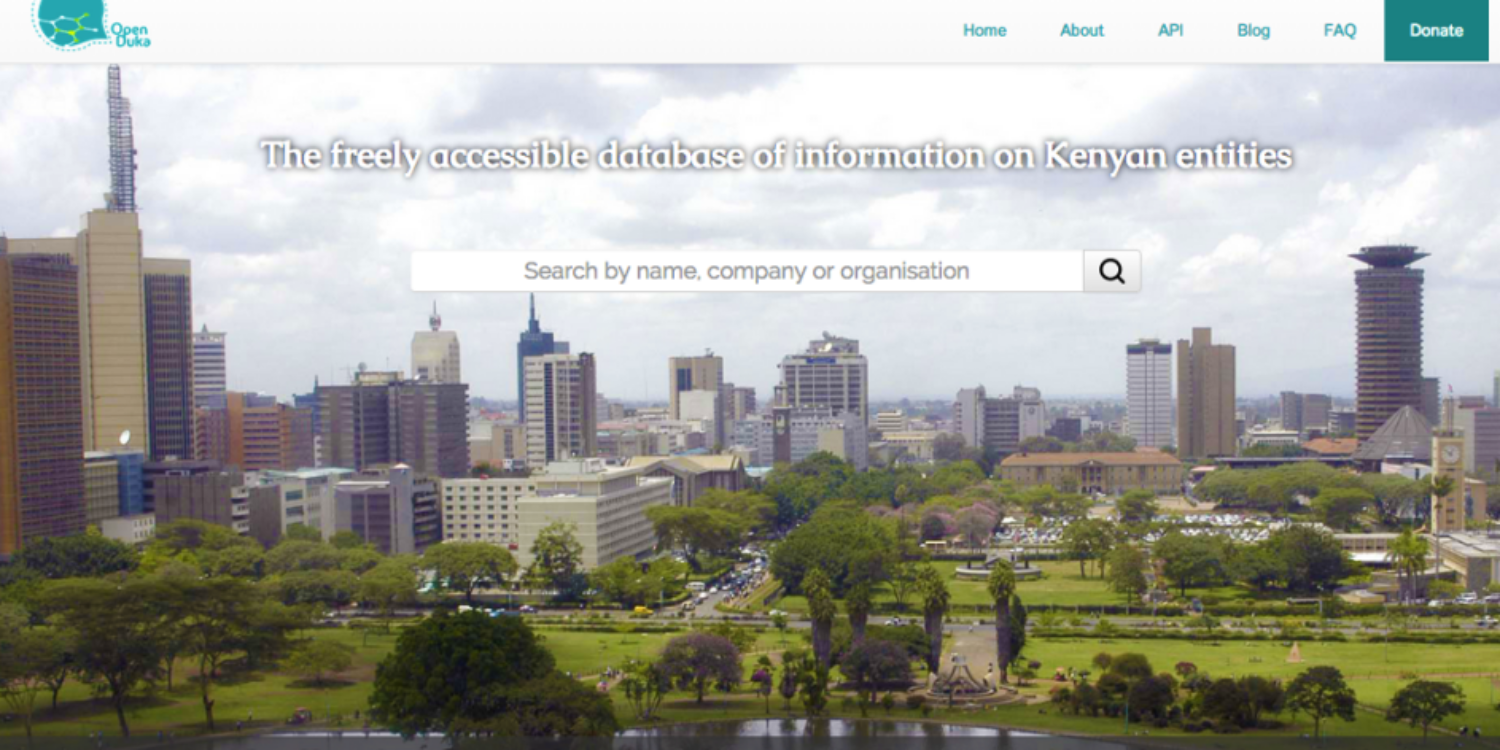Recently in the Kenyan press, it emerged that there was ambiguity as to the company that may have been awarded the controversial Kshs 327 billion contract to build the Standard Gauge Railway in Kenya. Registered decades apart, both companies operational in Kenya are named “China Road and Bridge Corporation” – although one is registered in Kenya and the other in China.
A cursory search of the company on the Open Duka platform establishes that one of these two companies was awarded a Kshs 13 million tender to construct a berth for the Kenya Ports Authority at the Mombasa Port. The Kenya-registered company is found to be owned by Peter Maingi Gatere and Leonard Mwangi Ndung’u.
Questions as to who these owners are, what other businesses they are associated with, who these people are connected with and what their backgrounds are remains a mystery. Are they directors of other companies that have been awarded government contracts? Are they known associates of government officials in important offices? Who else works at the Kenya-registered company in a management capacity?
Finding such information relating to public sector contracts and activities out can be a daunting task – not just for citizens but also for infomediaries like investigative journalists and civil society organisations. Addressing transparency and accountability in the public and private sectors has always proved difficult in most countries. In Kenya, like in many countries around the world, government agencies have a virtual monopoly over the data that relates to registered corporate entities and the transactions that make up their relationship with each other. Citizens have little or no access to it in the absence of Access to Information legislation.
Open Duka is the Open Institute’s contribution to eliminating this information asymmetry.
In Kenya, the government has, over time, strategically made efforts through regulatory agencies such as the Capital Markets Authority to bring about accountability and transparency to this relationship. Their efforts however, remain largely invisible to the general public and their outcomes, for the most part, remain unknown. As a result, the public is still in the dark where key contracts, ownership and power structures are concerned especially where they affect decisions related to public resources. It is not surprising then that public participation remains fairly low/muted in oversight of public contracting or implementation of projects funded by public funds.
The core expectation of citizens is that their interests are being protected and, as such, that these interests are reflected in the policies being made by those in power. Relationships between individuals and organisations within public spaces is often hidden from view and vested interests even more so.
Open Duka gives insight into the relationships, connections (and, to some extent, the dynamics) of those in and around the public arena. It aims to address issues of opacity in governance in the private and public sectors, promoting corporate accountability and transparency.
We hope that as many people as possible will use this tool and as a result, find its use and replication in more areas. Ensuring that corporate and public institutions are made accountable and transparent will be one way to put news and current events and current events into context for the citizen, making him/her an active participant in the governance arena.
Our dream is that investigative journalists and civil society players in particular as well as curious citizens in general, will find great use in Open Duka going forward.
What are your thoughts on uncovering relationships as a means towards making governments, institutions and individuals transparent and accountable? Let us know in the comments below.













